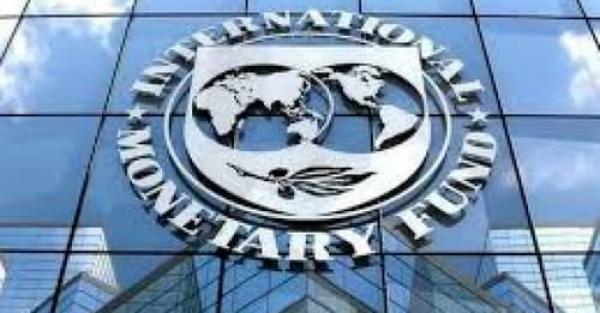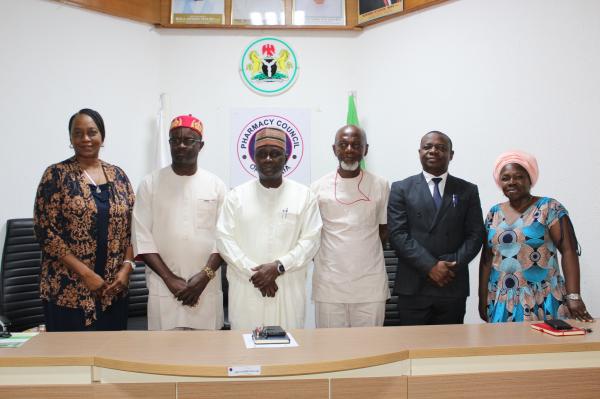
The International Monetary Fund, IMF, has upgraded its forecasts for Nigeria’s economic growth for both 2025 and 2026.
The new forecasts were announced in its World Economic Outlook (WEO), July 2025 edition.
It upgraded its forecast for Nigeria’s economic growth to 3.4 per cent in 2025. The new forecast represents 0.4 percentage points from the 3.0 per cent forecast of the IMF in April this year.
The Fund also raised its forecast for the country’s economic growth for 2026 to 3.2 per cent, representing 0.5 percentage points from 2.7 per cent in April.
It also gave an upward revision of the forecast for global economic growth to 3.0 per cent for 2025 and 3.1 per cent for 2026.
The new forecast for global economic growth for 2025 represents an increase of 0.2 percentage points compared to the reference forecast in the April 2025 WEO, while the outlook for 2026 is up by 0.1 percentage points.
In the same vein, the IMF raised its forecast for the Sub-Saharan African region to 4.0 per cent for 2025 and 4.3 per cent for 2026, representing a 0.2 percentage point and 0.1 percentage point increase from 3.8 per cent and 4.2 per cent, respectively, projected in the April 2025 WEO.
“Growth is expected to be relatively stable in 2025 in sub-Saharan Africa at 4.0 per cent, before picking up to 4.3 per cent in 2026,” the IMF said.
However, the multilateral institution called for urgent structural and institutional reforms across Sub-Saharan Africa (SSA) as the region grapples with a complex mix of economic challenges.
Commenting on the SSA region, Division Chief, Research Department, Deniz Igan said: “Given the challenges Sub-Saharan Africa is facing, this is an important pillar for renewed growth in the region. There’s a need for both structural and institutional reforms. And what we mean there is to give some specific examples.
“Further, regional trade integration is one. More investment in infrastructure transportation is another one. And reform of state-owned enterprises, again, especially in the energy sector and transportation sector, is another priority.”
Igan also stressed the importance of equitable fiscal reforms, noting that efforts to raise revenues must avoid deepening inequality or triggering social unrest.
She advocated for the removal of poorly targeted tax exemptions, greater reliance on progressive income taxes, and the need to build public trust through transparent governance. According to her, engaging with stakeholders and sequencing reforms carefully would be essential to protect vulnerable groups and ensure broad-based support for policy changes.
“Now we understand that on the fiscal front, with high debt levels as well, there’s a need for mobilising revenues, and that can generate a sense of unfairness and inequity that could create social backlash.
“And on that front, our advice has been for the design of fiscal reforms that are equitable, that are efficient, and more specifically, there. What we have in mind is removing poorly targeted exemptions in the tax code, making use of progressive income taxes much more, and building trust and support, as we had covered in detail in our October 2024 report in one of our analytical chapters, by engaging with stakeholders, hearing what they need, improving governance and protecting the vulnerable, and at same time, bundling, sequencing and pacing different measures to make sure that the most vulnerable in the society are protected.”
On his part, Director, Research Department, IMF, Pierre-Olivier Gourinchas, reinforced the urgency of restoring fiscal space in many economies, warning that high debt levels and persistent deficits have left countries exposed to sudden shifts in global financial conditions. He emphasised that protecting central bank independence is critical to maintaining price stability and investor confidence.
He said: “In too many countries, the combination of high public debt and still elevated public deficits continues to be a cause for concern. The lack of fiscal space makes these countries especially vulnerable to a sudden tightening in financial conditions.
“Such tightening becomes even more likely if central bank independence a cornerstone of macroeconomic, monetary and financial stability- is undermined. Turning to policies, our recommendations continue to call for prudence and the need for improved collaboration.”






















